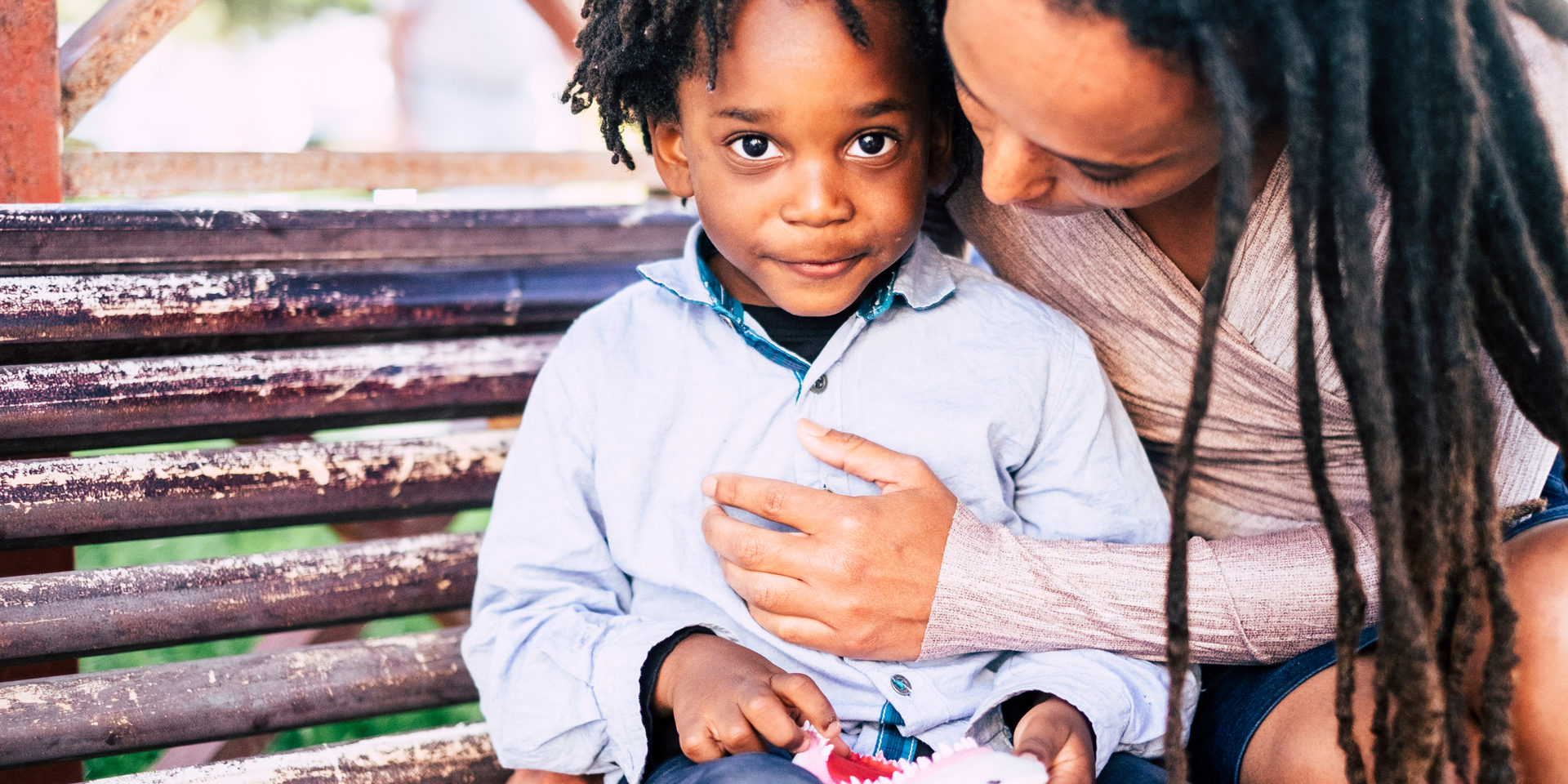One year ago, the world held its breath when the images of a handcuffed black man lying on the ground – immobilized by a police officer with a knee to the neck – surfaced online. “Momma! Momma!” he calls. “My knee. My neck. I’m through.” He is later pronounced dead at a Minneapolis hospital. He was 48.
Before May 25, 2020, the name George Floyd may not have resonated with strangers, but it held weight to the people who loved him. While Floyd devotes his final words to his deceased mother, Larcenia Floyd, black mothers from around the world shuddered in anger, frustration, and sadness while remembering that police brutality is a painful wound of injustice in America.
Since 2014, the media has had the unfortunate responsibility to saturate the news cycle with stories about police shootings of black men. However, black mothers often go overlooked when tragedy steals not only the life of their child but life as they know it.
For many black mothers, the state of their mental health can begin to deteriorate without the proper counsel and support. A 2018 study shows that the exposure to police killings of unarmed Black Americans had adverse effects on mental health among black mothers.
Black mothers carry a collective trauma of helplessly watching or hearing about their son or daughter being killed without warning and lose the opportunity to say goodbye.
However, they say hello to days filled with grief and the constant reminder that someone they love no longer physically exists in their world.
The police shootings of unarmed black men and women are an issue that plagues communities across the country. Everyone remembers their names: John Crawford, Michael Brown, Walter Scott, Eric Garner, Breonna Taylor—all shot down by police officers.
The names of these slain black men mean that everyone remembers their mothers’ names: Geneva Reed-Veal, Lesley McSpadden, Gwen Carr, Tamika Palmer. These mothers have been thrust into the spotlight of politics, activism and continue to raise awareness of injustice in America’s streets.
Many cases of black Americans in unarmed police shootings do not make it to the news. Regardless, black mothers have all lost their children due to racially motivated violence by law enforcement. They will forever be affected by their child’s death.
Fast-forward to 2021, the recent rulings in the George Floyd murder gave some mothers hope that even the slightest chance of justice is achievable. The judicial system has a long history of letting black people die in police custody with retribution from the officers who send them to an untimely and unexpected grave.
There is an influx of black mothers who are not in the spotlight but are actively involved with the movement against police brutality and the subsequent justice system because of their insatiable desire to activate change now for their children and future generations to come.
Any time a black person dies at the hands of law enforcement, their mother becomes a victim too. Knowing that her child’s life was stolen on the streets of America by individuals who swear to protect and serve weighs heavily on her, no matter what the circumstances around her child’s death or depiction of who he or she was.
The bottom line? Black mothers are still angry and hurt by the verdict in Floyd’s case and others. They believe their children are being killed unjustly. These mothers want their children’s killer(s) to be held accountable for their actions. They do not wish for a movement born out of anger or grief, but they want the community to hold those who commit crimes against their family accountable. Their fight has gained some small victories in the past year (i.e. settlements, exposure, etc.) but is far from over.
It becomes our responsibility to keep black mothers front and center in this national discussion about race and policing that has consumed America. After the “thinking” of you cards, funerals, and condolences, all that is left is how to cope and manage not only their loss but their pain.
Every time a black person dies at the hands of the police, it is a hard slap in the face to black mothers who have lost a child. As new stories emerge of physical violence on an unarmed black person, it reopens a wound that will never heal until America enforces perpetual change to the laws and justice system to protect ALL of its citizens.
There is no way not to feel the effects of police violence aimed at black bodies. As you absorb these events, know that the impact is likely to impact black mothers differently than it is for others.
Black mothers across the country will continue to respond to police killings of unarmed Black people by calling attention — and action — on the effects of such killings on their children now and until significant police and law reform is achieved.
For some people, the reality of losing a child to the police, being in the public eye, going to the courts for justice, and living without a loved one is unfathomable.
But for black mothers, this is America.


